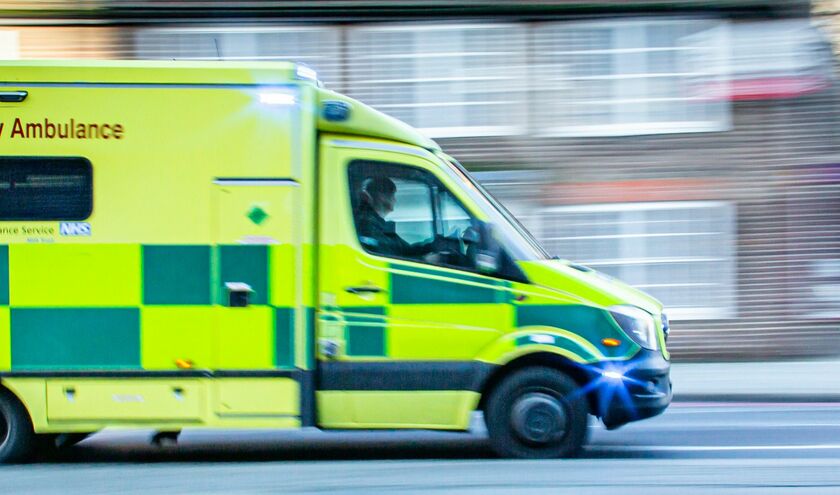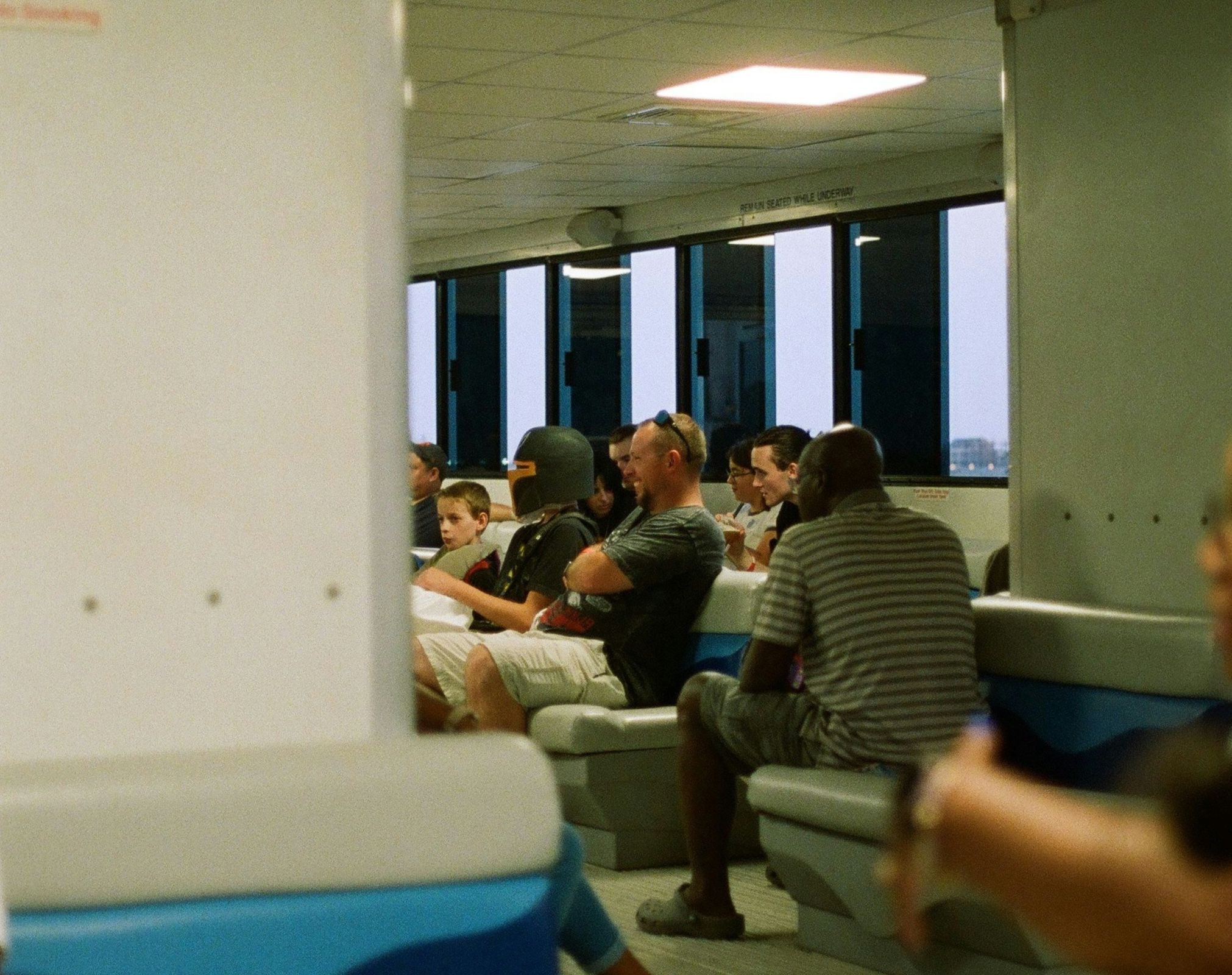Emergency A&E admissions rose to 525,633 in August from 523,881 a year earlier.
NHS staff admitted, transferred or discharged more than three quarters (76.3%) of patients within four hours in A&E in August - an increase of 3.3 percentage points from August 2023 and the highest since August 2021.
The overall Covid backlog for elective care remained at 7.62m in July but waits of over a year dropped to 290,326 - the lowest since December 2020. It is the lowest proportion of people waiting over a year (3.8%) since October 2020.
Ambulance services responded to 730,669 incidents last month, up 22,708 in a year. Of these, 73,630 were the most serious Category 1 calls, which is 28% higher than pre-pandemic (57,598 in August 2019).
The NHS met the faster cancer diagnosis standard for the third month in a row with more than three quarters of people getting the all-clear or a definitive diagnosis within four weeks. More people than ever before were seen within the standard with over 220,000 (221,572) getting all clear or a diagnosis within 28 days.
July was also the busiest month on record for cancer referrals with 286,720 urgent referrals seen in just one month. There were 58,875 cancer treatments in the month – a 15% increase compared to the same month last year and the highest number on record.
NHS staff also delivered a record number of diagnostic tests (2,485,752) – up 11% from 2,229,459 in July 2023 and 20% on 2,064,497 pre-pandemic (July 2019).
Bed capacity remained under pressure in hospitals across the country with an average of 12,092 patients a day spending more time in hospital than clinically needed.
Services faced industrial action by junior doctors at the start of this period (Thursday 27 June to Tuesday 2 July) with 61,989 acute appointments needing to be rescheduled across the action, bringing the total cumulative impact on appointments since strikes first began to nearly 1.5m.
|
Reaction
Rory Deighton, director of the NHS Confederation's Acute Network, said that despite the business summer on record patients were being seen within the four-hour target, trolley waits had fallen in recent months and fewer people were waiting longer than 12 hours.
Deighton also noted ambulance response times had improved but patients were still waiting too long and positive signs of progress could easily be lost ‘if the NHS does not have the support and resources to cope with what could be a very difficult winter'.
Sir Julian Hartley, chief executive of NHS Providers, said the hard work of frontline NHS staff had resulted in ‘much-needed progress with faster ambulance response times, fewer long waits for treatment and record numbers of patients receiving diagnostic tests, cancer referrals and treatments' but noted the ‘sheer scale of the challenge facing trust leaders and their teams as they strive to get the health service back on track'.
Tim Gardner, assistant director of policy at the Health Foundation, said: ‘The Government has pledged to get the NHS back on its feet but it will need to be realistic about the scale of reform and investment that is required. We need to shift more resources towards primary care and community-based services, NHS buildings and equipment must be modernised, and technology must be harnessed to improve care for patients. Only then will we make the NHS fit for the future.'
|



